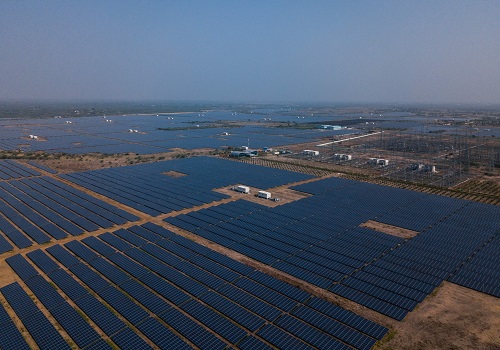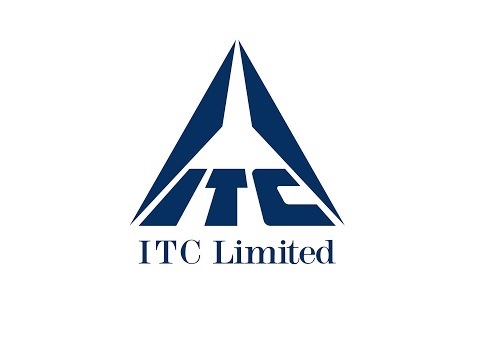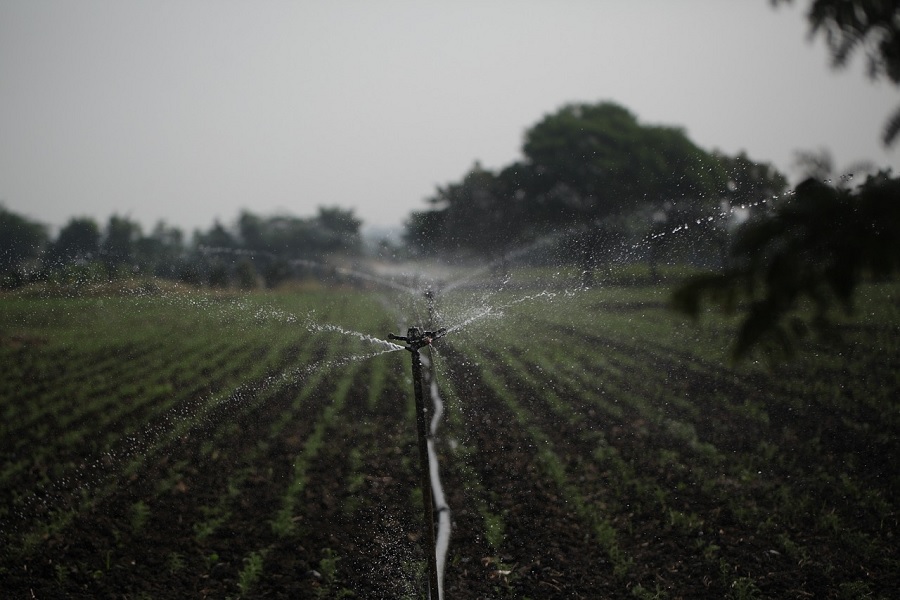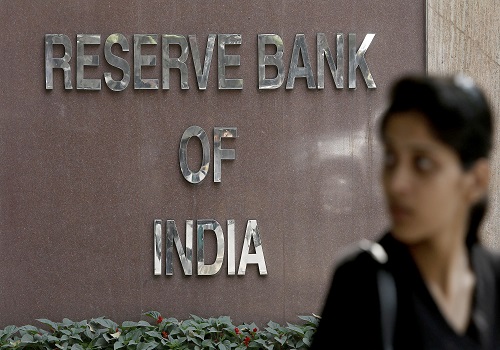India`s installed renewable energy capacity to reach 250 GW by March 2026

The installed renewable energy capacity (including large hydro) in India is projected to reach 250 GW by March 2026, from the level of 201 GW (as of September this year), according to a report on Tuesday.
The capacity addition will be driven by the large project pipeline of over 80 GW, following the significant improvement in tendering activity in FY24, according to credit ratings ICRA.
Moreover, the tendering activity remained high in the current fiscal, in line with the 50 GW annual bidding trajectory announced by the government in March 2023.
The healthy renewable project pipeline and the favourable solar PV cell and module prices are expected to improve the RE capacity addition to over 26 GW in FY2025 from 19 GW in FY2024.
“This will further scale up to 32 GW in FY2026, mainly driven by the solar power segment, and given the impending expiry of the waiver on inter-state transmission system (ISTS) charges in June 2025,” said Girishkumar Kadam, SVP and Co-Group Head-Corporate Ratings, ICRA.
Apart from the utility segment, ICRA expects the rooftop solar segment and the commercial and industrial (C&I) segments to contribute significantly to the capacity addition.
The rise in the RE capacity over the next five years is estimated to enhance the share of RE plus large hydro in the all-India electricity generation from 21 per cent in FY2024 to over 35 per cent in FY2030.
“In this context, the development of adequate energy storage projects remains important to integrate the growing share of RE with the grid, given their intermittent generation,” said Kadam.
Further, there is an increased focus by the Central nodal agencies on awarding RE projects offering round-the-clock (RTC) and firm and dispatchable supply (FDRE), which can mitigate the intermittency risk associated with RE.
This can be made possible through the use of hybrid RE projects complemented with energy storage systems, said the report.







.jpg)


















